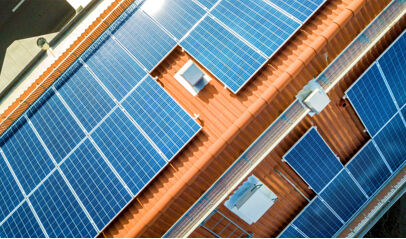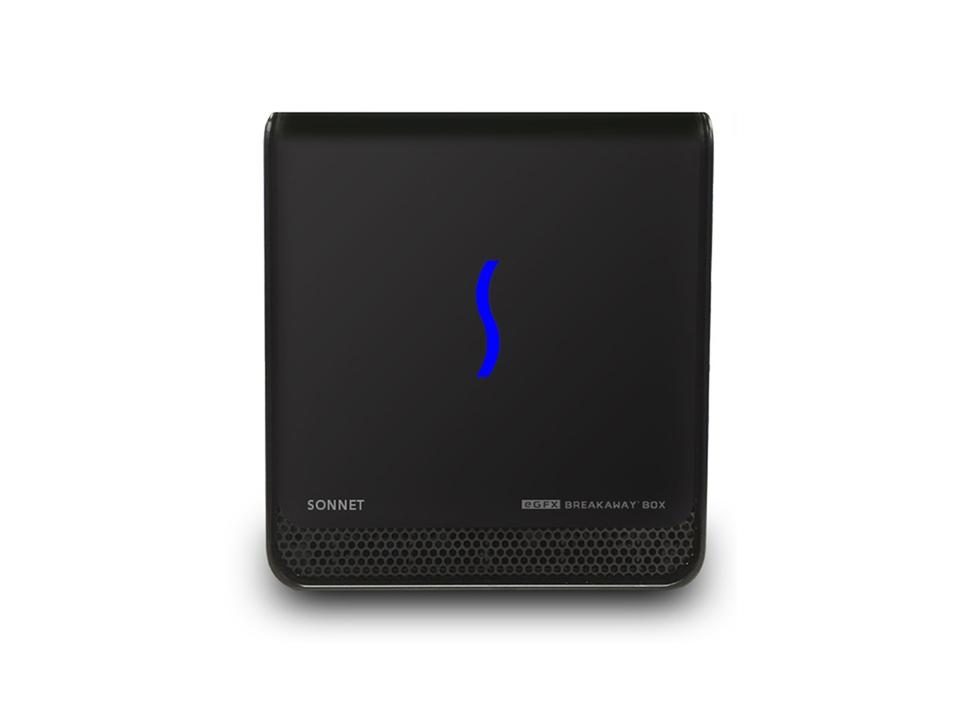What You Need to Consider About Battery Technologies for Home Energy Storage

Home energy storage systems have drawn more attention lately, with battery technology emerging as a popular option. Technology has made batteries more dependable, economical, and efficient, which makes them a desirable choice for homeowners who want to embrace renewable energy sources and lessen their need on the grid. This post will examine the various battery technologies available for energy storage in homes and review what you should consider before deciding.
Lithium-ion Batteries
Lithium-ion batteries have grown in popularity because of their remarkable qualities, which include a high energy density, a long cycle life, and a low self-discharge rate. These batteries were first used in portable gadgets and electric cars but are currently used for home energy storage. They offer a dependable and effective way to store extra energy produced by solar panels or other renewable energy sources. Still, since lithium-ion batteries are often more expensive than other choices, it is important to consider that upfront. Proper maintenance—such as temperature management and routine inspections—guarantees peak performance and extends the battery's life.
Lead-acid Batteries
After many years of usage, lead-acid batteries are still a good choice for energy storage in homes. They are reasonably priced and easily accessible for homes. Lead-acid batteries can withstand high discharge rates and are useful in off-grid situations. It is crucial to remember that they need routine maintenance, which includes monitoring the water levels and ensuring enough ventilation. Furthermore, it's critical to remember that lithium-ion batteries last longer than lead-acid batteries. Their larger and bulkier character should also be considered since this might provide problems for households with limited room. Despite these drawbacks, lead-acid batteries are still an excellent option for storing house energy.

Flow Batteries
Flow batteries are a promising technology for home energy storage. They use two electrolyte solutions separated by a membrane, which allows for scalable storage capacity and longer cycle life. Flow batteries can be charged and discharged simultaneously, making them suitable for high-power output applications. However, flow batteries are still relatively new and expensive compared to other battery technologies. They also require a larger footprint and more complex installation.
Sodium-ion Batteries
Sodium-ion batteries are an emerging technology that shows promise for home energy storage. They offer a cost-effective alternative to lithium-ion batteries with a similar energy density. Sodium-ion batteries are more environmentally friendly as they use abundant and non-toxic materials. However, they are still in the early stages of development, and their commercial availability is limited. Further research and development are needed to improve their performance and address potential drawbacks.

Conclusion
Selecting the appropriate battery technology for residential energy storage is essential and needs considerable thought. Considering variables, including initial cost, energy density, cycle life, maintenance needs, and available space, is important. Lithium-ion batteries are the most often used option because of their extended cycle life and high energy density. On the other hand, lead-acid, flow, and sodium-ion batteries also have their benefits and may be appropriate in some situations. Before choosing, speaking with professionals and considering your unique energy requirements is crucial.
With the advancement of battery technology, homes may attain self-sufficiency and lower their carbon impact on home energy storage. As technology develops, we should expect more battery performance, economy, and sustainability improvements. People may make well-informed judgments and fully benefit from home energy storage by carefully weighing the aspects listed in this article. Homeowners may create a more environmentally friendly future by reducing their reliance on the grid and storing extra energy produced by renewable sources. Accepting these creative ideas helps people and makes society more ecologically conscious and sustainable.



